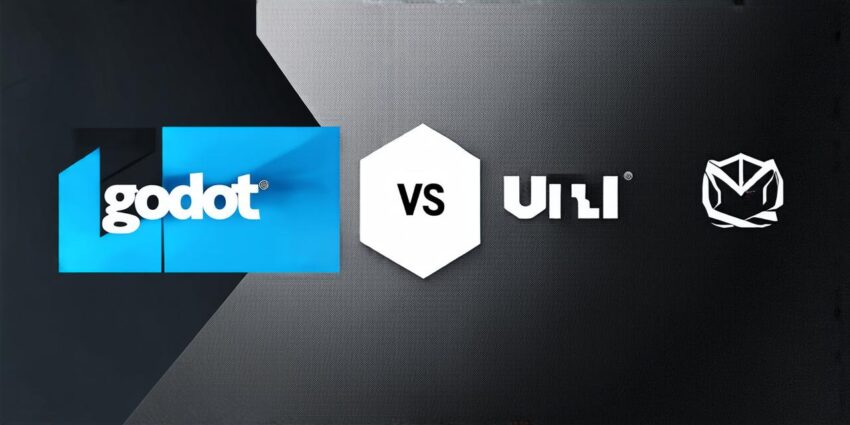Performance
One of the main differences between Godot and Unreal Engine is their performance. Unreal Engine is known for its high-performance graphics and physics simulation capabilities, making it a popular choice for large-scale open-world games and other complex projects. However, Godot has made significant improvements in recent years and now offers comparable performance to Unreal Engine, especially in 2D development.
Ease of Use
Godot is generally considered more user-friendly than Unreal Engine. It has a simple and intuitive interface that allows developers to create games with less coding and more visual editing. This makes it an excellent choice for beginners or smaller studios with limited resources. On the other hand, Unreal Engine requires more technical knowledge and experience to use effectively.
Cross-Platform Development

Both Godot and Unreal Engine support cross-platform development, allowing developers to create games that can run on multiple platforms such as Windows, Mac, iOS, Android, and more. However, Godot has built-in support for HTML5, which means that developers can also create web-based games without the need for additional plugins or tools. This makes it easier to reach a wider audience with a single codebase.
Community Support
Godot has a smaller but more active community than Unreal Engine. However, this community is highly supportive and provides a wealth of resources, including tutorials, plugins, and assets that can help developers get started quickly. Unreal Engine also has a large and active community, with numerous forums, blogs, and support channels available to help developers with their projects.
Cost
Unreal Engine has a higher licensing cost than Godot, with a commercial license starting at $19 per user per month. Godot, on the other hand, is free to use for both personal and commercial projects, making it an attractive option for smaller studios or indie developers with limited budgets.
Summary
In summary, when choosing between Godot and Unreal Engine, consider your project’s requirements and priorities. If you are looking for high-performance graphics and physics simulation capabilities, Unreal Engine may be the better choice. However, if you prefer a more user-friendly interface with built-in HTML5 support and a smaller community, Godot could be the way to go. Ultimately, both engines offer powerful tools and capabilities that can help you create amazing games, so it’s important to do your research and choose the one that best fits your needs.
